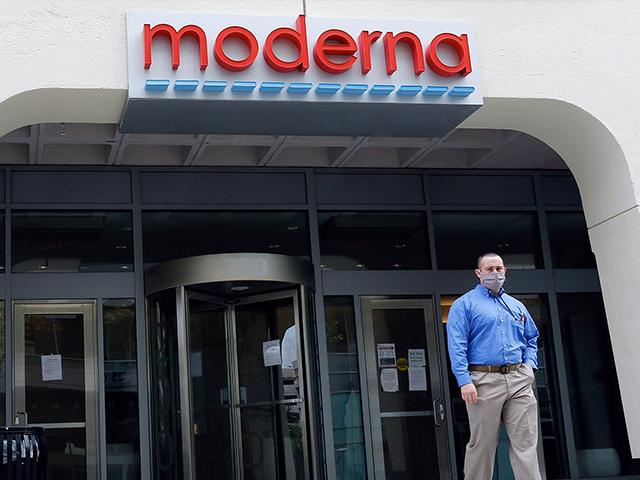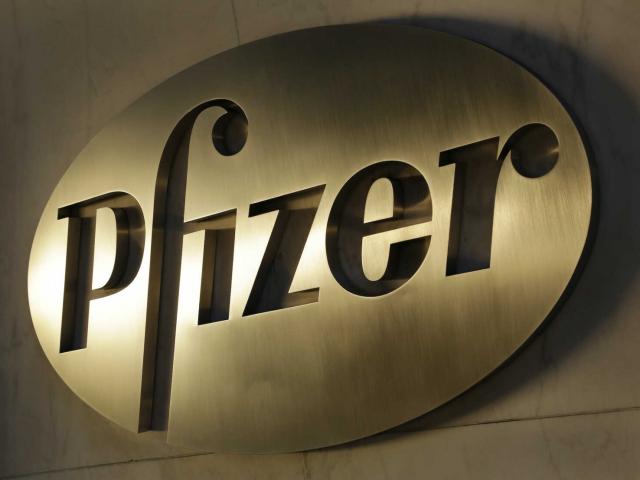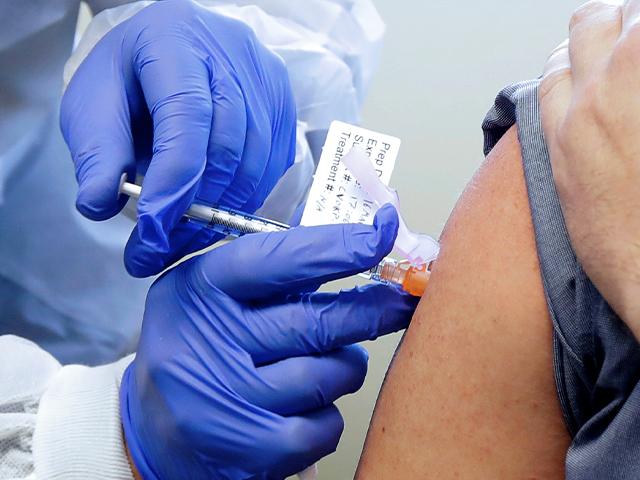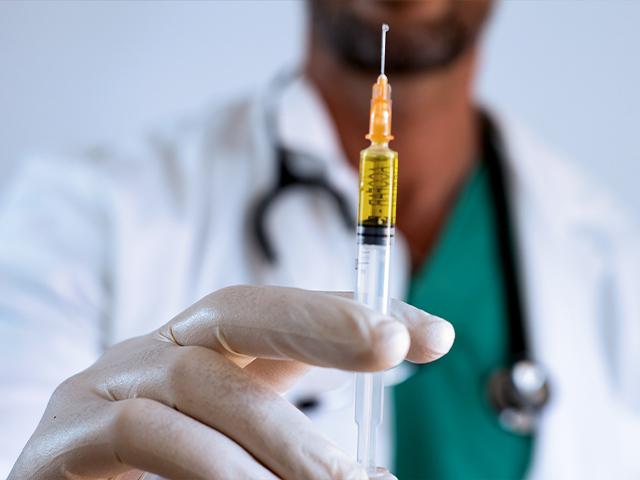Even as coronavirus cases and hospitalizations are surging across the nation again, rays of hope are beginning to break through. This week brought news that Moderna's vaccine tests show it's 94 percent effective. That's the second vaccine showing promising results in just two weeks.
Last week, the US hit a record number of COVID hospitalizations, surpassing one million new confirmed cases in just the first 10 days of this month. Deaths are also climbing again. The new wave appears bigger and more widespread than the surges that happened in the spring and summer. Unlike the earlier outbreaks, this one is not confined to just one part of the country.
But now that both Pfizer and Moderna's coronavirus vaccines have reached a testing-milestone, they'll soon seek FDA emergency use authorization. The two vaccines are similar. Both use what's known as messenger-RNA technology, require an initial shot then a booster three weeks later, and need to be kept frozen.
Meanwhile, nine other drug companies are nearing the end of their coronavirus vaccine trials, meaning more than one vaccine will likely be approved.
FDA vaccine consultant and Stanford researcher Dr. Kari Nadeau helped develop both the Johnson & Johnson and Novavax vaccines. She says regardless of the approved option and timing, Americans can trust the process.
"So I think what I'm really pleased to know is the companies, the FDA, they've taken the stance that we're going to be super careful about this," Dr. Nadeau said. "We're not going to let any vaccine get out to the public that could put anyone at risk. So that's fantastic."
And technological advances over the years have helped to speed-up vaccine development. Scientists have been analyzing COVID-19 vaccine data as it comes in, instead of pouring over pages of information after trials are finished as is typically done.
Plus, millions of doses are being manufactured now instead of waiting until after approval. Distribution plans have also been mapped out so vaccines can be administered the moment the FDA gives the go-ahead.
"There are a lot of different vaccines and they come in different shapes and sizes and they're made slightly different ways to activate the immune system so you can build up that immune strength to hopefully combat the virus if you ever become infected," Dr. Nadeau added.
Last month, nine companies issued a joint statement promising not to seek FDA approval unless a vaccine meets their toughest safety standards.
"We have to be thoughtful," Nadeau said. "We understand there's an epidemic but we have to be thoughtful to help the American public and the globe."
The Centers for Disease Control and National Institutes of Health add that when vaccines receive the green light, their data will be made available to the general public. In the meantime, people should talk to their doctor about any concerns.
No vaccine is 100 percent effective. The Food and Drug Administration says the lowest it will tolerate is 50 percent efficacy. Masks and social distancing may still be advised in the months following the release of one or more vaccines.
STAY UP TO DATE WITH THE FREE CBN NEWS APP
Click Here Get the App with Special Alerts on Breaking News and Top Stories
Your health is important. Do you have questions about nutrition, weight loss, boosting immunity or medicine? Learn more here!
Need prayer? We’re available 24/7. Call (800) 700-7000 or request prayer.
Learn why Truth Matters at CBN News.Did you know?
God is everywhere—even in the news. That’s why we view every news story through the lens of faith. We are committed to delivering quality independent Christian journalism you can trust. But it takes a lot of hard work, time, and money to do what we do. Help us continue to be a voice for truth in the media by supporting CBN News for as little as $1.










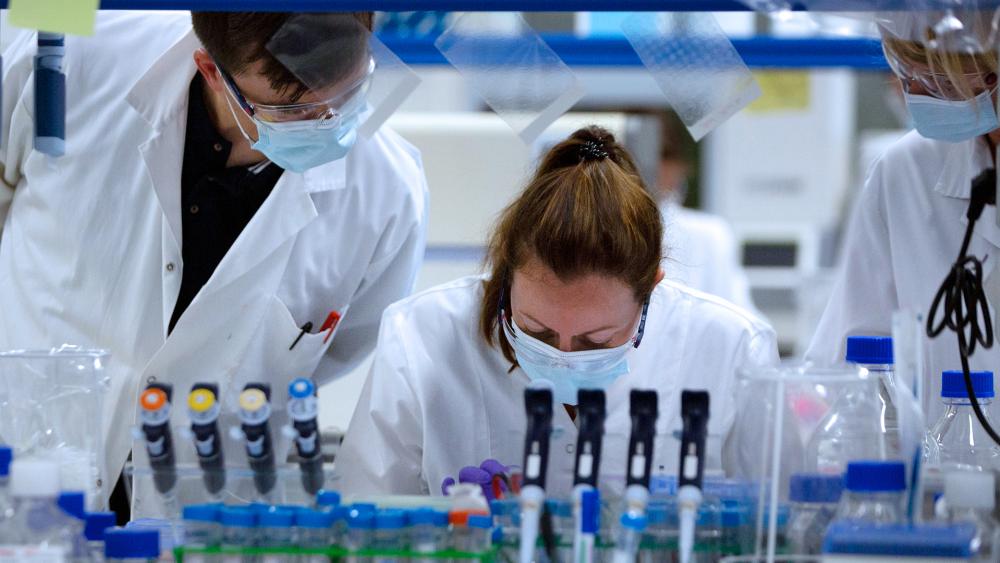
 Support CBN News
Support CBN News



